- Home
- About Us
- Products
-
Heat-Pump Dehumidifier DeAir
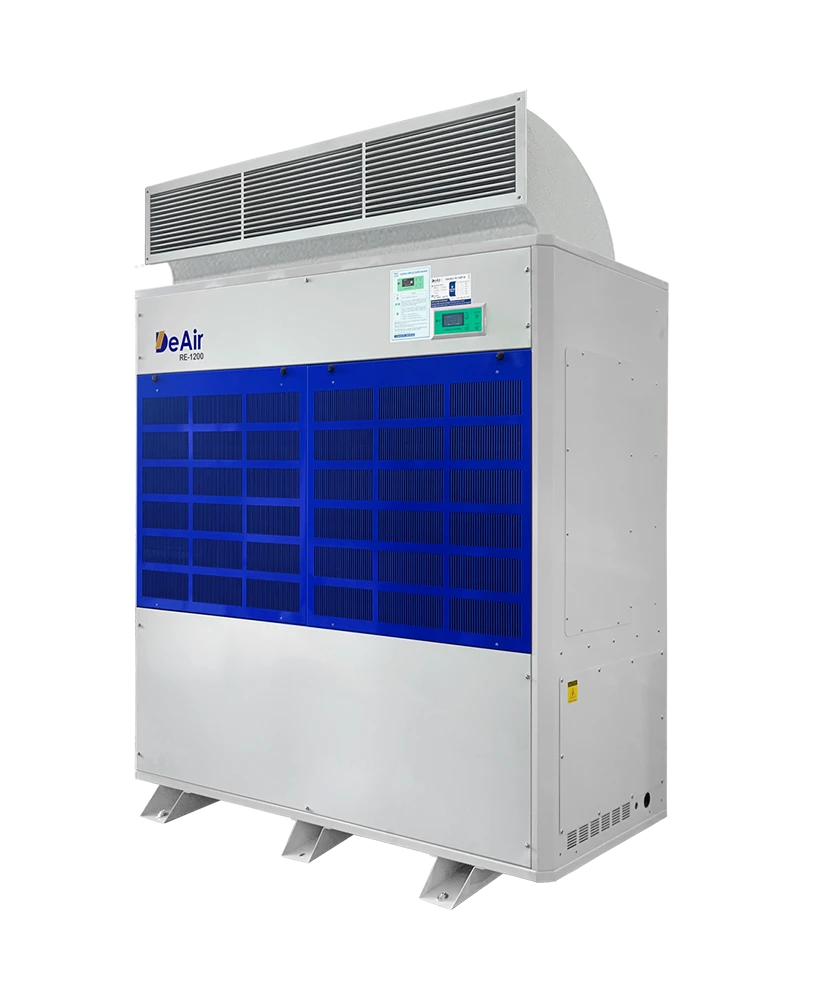 DeAir.RE
DeAir.RE -
Heat-Pump Dryer DeAir.RE-H
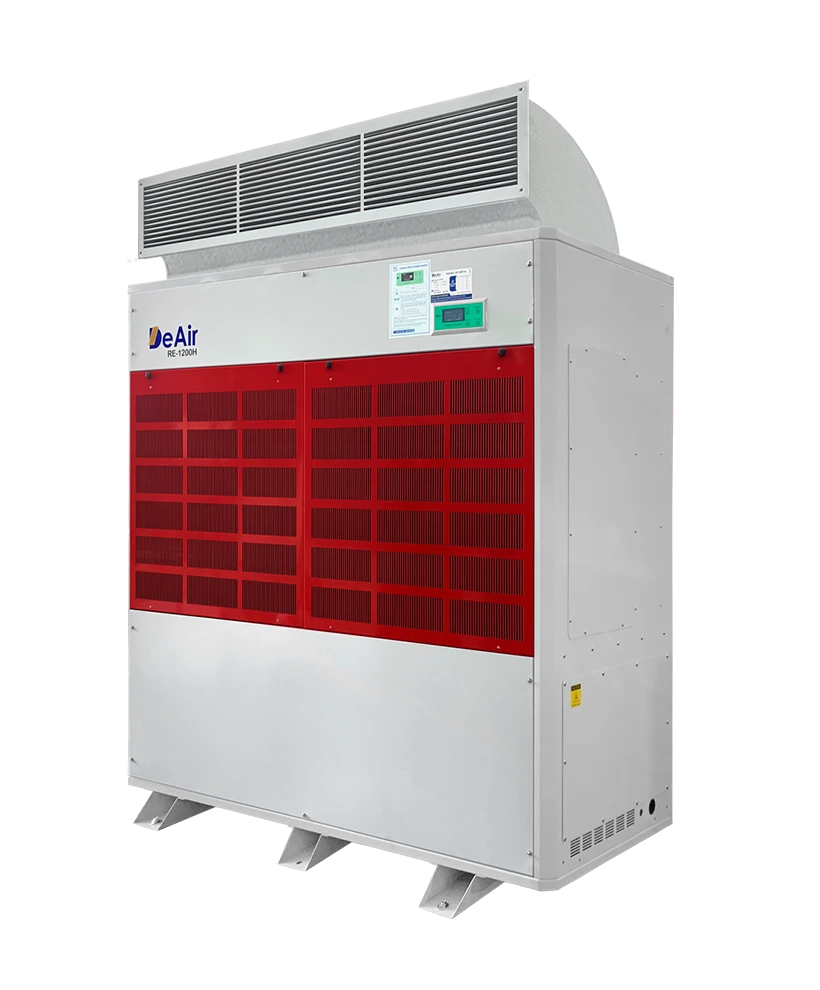 DeAir.RE-H
DeAir.RE-H -
Heat-Pump Stainless Steel Dehumidifier
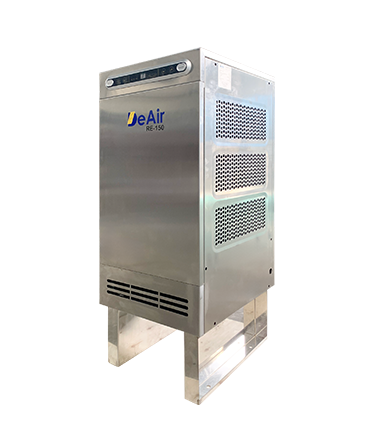 DeAir.RE-INOX
DeAir.RE-INOX -
Heat-Pump Isothermal Dehumidifier DeAir.CRE
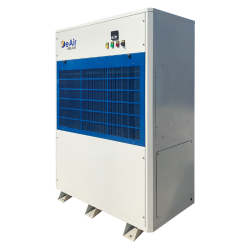 DeAir.CRE
DeAir.CRE -
Dezenno Dehumidifier
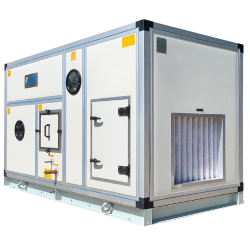 Dezenno
Dezenno -
Heat-Pump Ceiling Mounted Dehumidifier DeAir
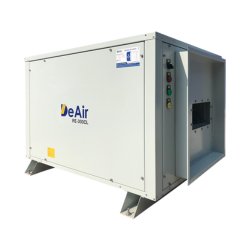 DeAir.RE-CL
DeAir.RE-CL -
Dehumidifier Olmas
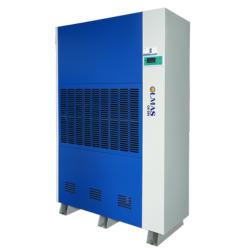 Olmas-OS
Olmas-OS -
Industrial Humidifier DeAir
 DeAir.HM
DeAir.HM -
Heat-Pump Dryer Daxwell
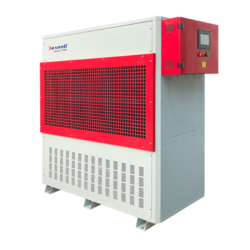 Daxwell
Daxwell -
Electric Duct Heater DeAir
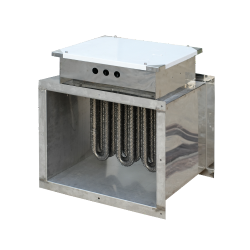 DeAir.Heat
DeAir.Heat -
Air Handling Unit Dezenno.MAX
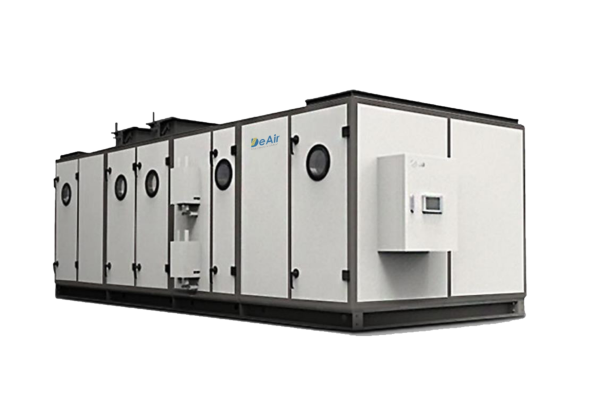 AHU
AHU
-
- Services
- Projects
- Warranty – Maintenance
- News
- Contact
Humidity Standards for Drug & Medical Equipment Storage: Importance and Breakthrough Control Solutions
18/07/2024
Humidity Standards for Drug & Medical Equipment Storage: Importance and Breakthrough Control Solutions
In the medical industry, maintaining an optimal storage environment for drugs and medical equipment is not just a basic requirement but a vital factor directly impacting treatment efficacy and patient safety. Among these, humidity control plays a crucial role. This article delves into humidity standards, the negative impacts of non-compliance, and modern technological solutions to address them.
Humidity Standards for Pharmaceutical Products and Medical Equipment Storage
Leading health organizations worldwide have established clear regulations for storage environments to ensure the quality and longevity of pharmaceuticals and medical supplies:
- According to the World Health Organization (WHO): WHO recommends an ideal relative humidity (RH) for storing drugs and medical products ranging from 45% to 70%. Additionally, storage facilities must be dry, cool, well-ventilated, and protected from direct light, unusual odors, and other contaminants.
- Good Storage Practices (GSP): In Vietnam and many other countries, GSP regulations (e.g., Circular 36/2018/TT-BYT of the Ministry of Health of Vietnam) emphasize the strict control of temperature and humidity in pharmaceutical storage areas. Specifically, these areas must be equipped with continuous temperature and humidity monitoring devices, ensuring maintenance within permissible limits (often below 75% RH; humidity-sensitive drugs may require much lower levels). Adhering to GSP is not only a legal requirement but also a commitment to quality and safety.
References:
- WHO: Good storage practices for pharmaceuticals
- Vietnamese Ministry of Health: Circular 36/2018/TT-BYT regulating Good Storage Practices for drugs and drug raw materials
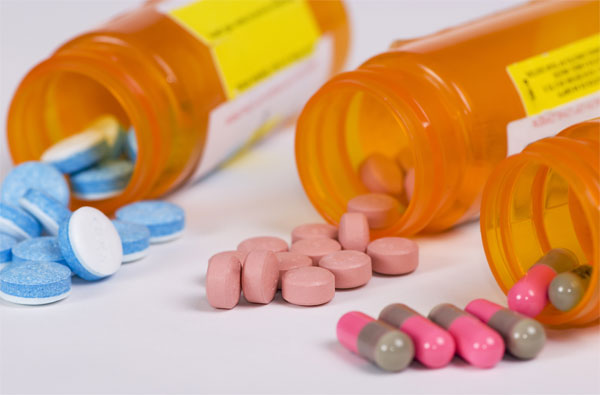
Negative Impacts of High Humidity on Drugs and Medical Equipment
Humidity exceeding permissible levels can lead to severe consequences, affecting quality and safety in the medical industry:
- Damage and Degradation of Pharmaceutical Products:
- Tablets, capsules: Sugar-coated tablets and capsules are susceptible to dampness, liquefaction, and structural breakdown due to high humidity. This compromises product integrity, reduces, or even eliminates drug activity.
- Powder, granule drugs: High humidity causes powdered drugs to absorb moisture, clump, and change color and odor, making them difficult to use and significantly reducing their effectiveness. More dangerously, a humid environment promotes the growth of bacteria and mold, producing toxins harmful to users.
- Reduced Concentration and Active Ingredient Degradation: A humid environment accelerates the hydrolysis or oxidation of sensitive chemical components in drugs, leading to a reduction in active ingredient concentration, rendering the drug ineffective or producing harmful decomposition products.
- Corrosion and Rusting of Medical Equipment:
- Metal medical instruments and equipment such as scalpels, scissors, forceps, laboratory machines, and diagnostic imaging devices (X-ray, MRI, CT) are highly sensitive to humidity. High humidity accelerates oxidation, causing rust and corrosion on metal parts. This not only shortens equipment lifespan and increases maintenance and repair costs but also affects accuracy, sterility, and safety during examination and surgery.
- Mold and bacteria can adhere to equipment surfaces, causing cross-contamination and making sterilization difficult.
- Impact on Diagnosis and Treatment Quality:
- Electronic and optical components in ultrasound machines, endoscopes, X-ray machines, MRI, CT scanners, etc., require a stable environment for accurate operation. High humidity can cause short circuits, fogging of lenses, and affect sensors, leading to blurred images, inaccurate diagnoses, or even damage to expensive equipment, disrupting the treatment process. Notably, electrical leakage due to high humidity is also a significant risk that needs to be controlled.
Comprehensive Humidity Control Solutions: The Role of Industrial Dehumidifiers and AHUs
To ensure drug warehouses and medical equipment storage rooms consistently meet humidity standards, implementing humidity control solutions is crucial. Among these, industrial dehumidifiers or Air Handling Units (AHUs) integrated with dehumidification modules are optimal choices widely used in the medical industry. Specifically, DeAir industrial dehumidifiers and Dezenno industrial rotor dehumidifiers are advanced, highly effective solutions.
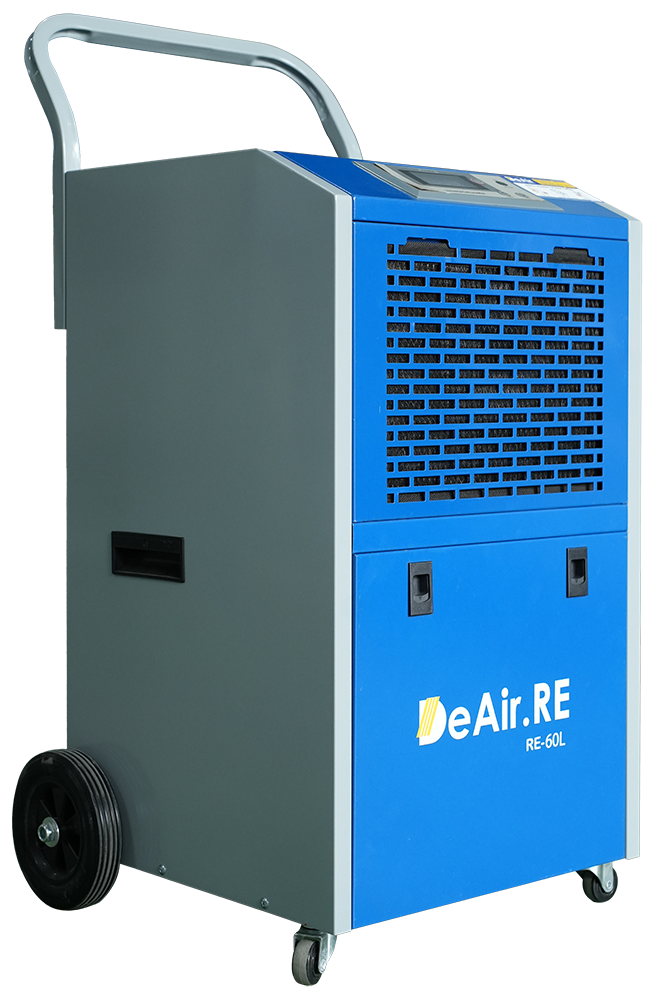
Outstanding Benefits of Dehumidifiers in Medical Environments
Applying specialized dehumidifiers for the pharmaceutical industry and medical equipment offers numerous strategic advantages:
- Precise and Stable Humidity Control: High capacity dehumidifiers are designed to handle large moisture loads, maintaining relative humidity within a narrow range (e.g., 45-60% RH) as per the stringent requirements for different types of drugs or equipment. Rotor dehumidification technology (desiccant dehumidifier working principle) is particularly effective in maintaining very low humidity, even at room temperature.
- Maximized Pharmaceutical Quality Protection: By removing excess moisture, industrial humidity control equipment completely prevents drugs from becoming damp, moldy, degrading, or losing concentration. This ensures drugs retain their activity, extends their shelf life, and guarantees absolute safety for patients.
- Corrosion Prevention and Extended Equipment Lifespan: The dry environment created by an industrial dehumidification system eliminates the risk of rust and corrosion on metal equipment. This not only protects valuable hospital assets but also significantly reduces maintenance and repair costs.
- Ensuring Optimal Operation of High-Tech Medical Equipment: Dehumidifiers for laboratories and equipment rooms maintain an ideal environment for sensitive electronic and optical devices such as ultrasound machines, X-ray machines, MRI, and CT scanners. The stable operation of these devices is crucial for providing clear images and accurate diagnostic results, assisting doctors in precise diagnosis and effective treatment plans.
- Compliance with GSP Standards and Industry Regulations: The use of industrial dehumidifiers is an indispensable part of meeting the stringent environmental control requirements in GSP and other Ministry of Health regulations, helping medical facilities easily pass quality inspections and assessments.
- Enhanced Hygiene and Safety: A dry environment also inhibits the growth of bacteria and mold in the air and on surfaces, contributing to improved overall air quality and reducing the risk of cross-contamination in hospital settings. Furthermore, choosing an energy-saving industrial dehumidifier helps optimize operating costs.
With its comprehensive benefits and superior humidity control capabilities, DeAir industrial dehumidifiers have become an indispensable solution in the infrastructure of modern hospitals, pharmacies, and pharmaceutical warehouses, effectively contributing to public health protection. To learn more about how to choose and effectively install industrial dehumidifiers, or about DeAir's technical services, you can refer to our related articles.
Sign up for news from DeAir
Related news






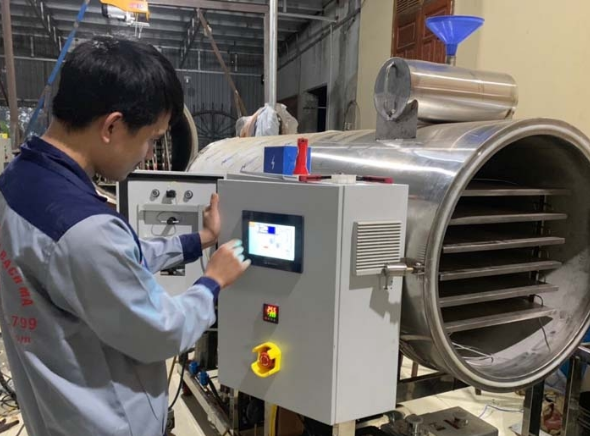



![[Case Study] DeAir Installs DeAir.De Rotor Humidity Control System for Pharmaceutical Plant in Binh Duong [Case Study] DeAir Installs DeAir.De Rotor Humidity Control System for Pharmaceutical Plant in Binh Duong](https://deair.com.vn/thumbs/news/2023_04/ban_giao_may_cho_duoc_bd/[270x153-cr]image1-1024x772.jpg__cv.webp)

![[Review & Guide] Olmas OS-300: The New Humidity Control "Warrior" for Medium to Large Warehouses [Review & Guide] Olmas OS-300: The New Humidity Control "Warrior" for Medium to Large Warehouses](https://deair.com.vn/thumbs/news/huong_dan_su_dung_may_olmas_21/[270x153-cr]vtm06440.png)